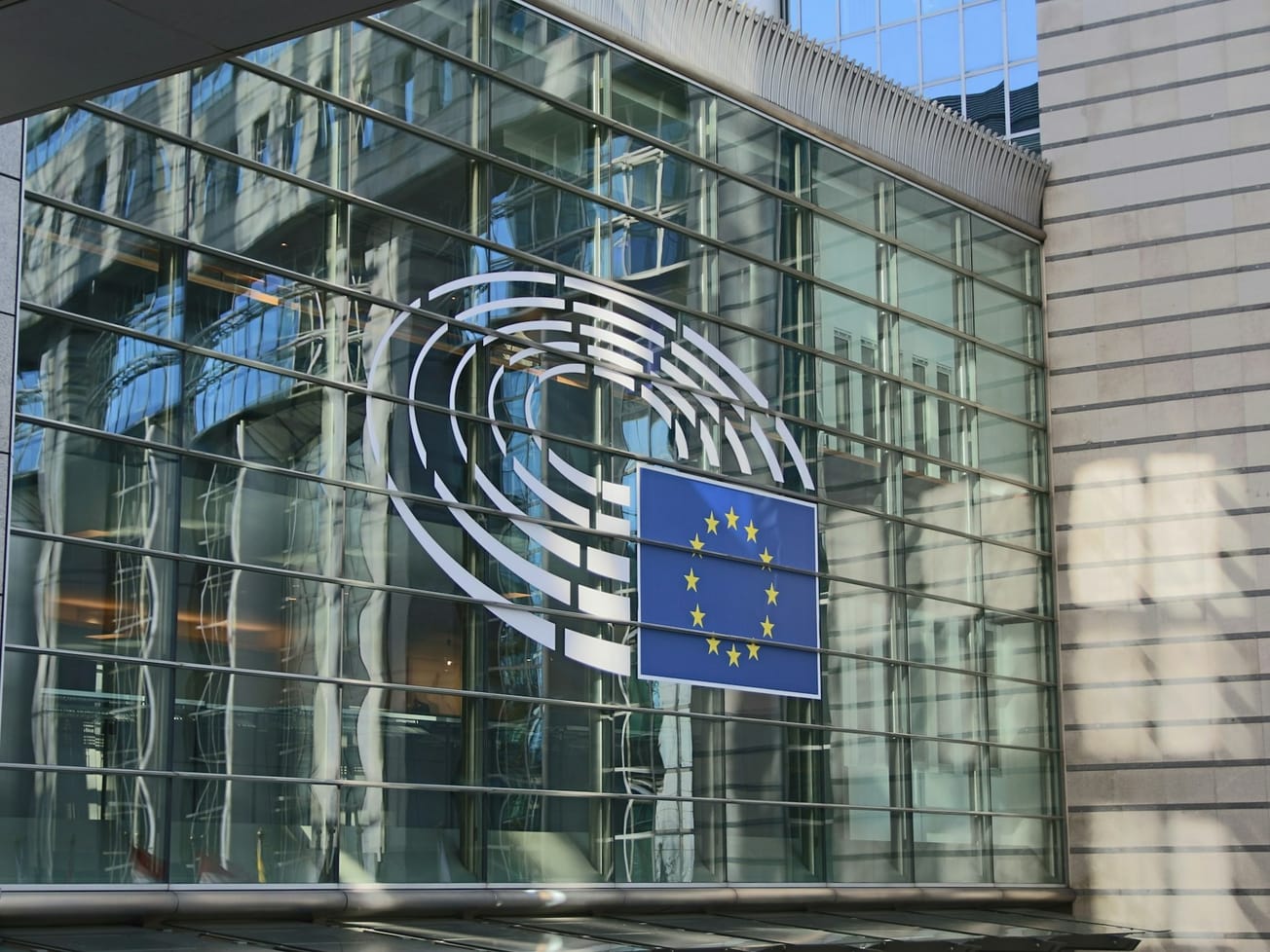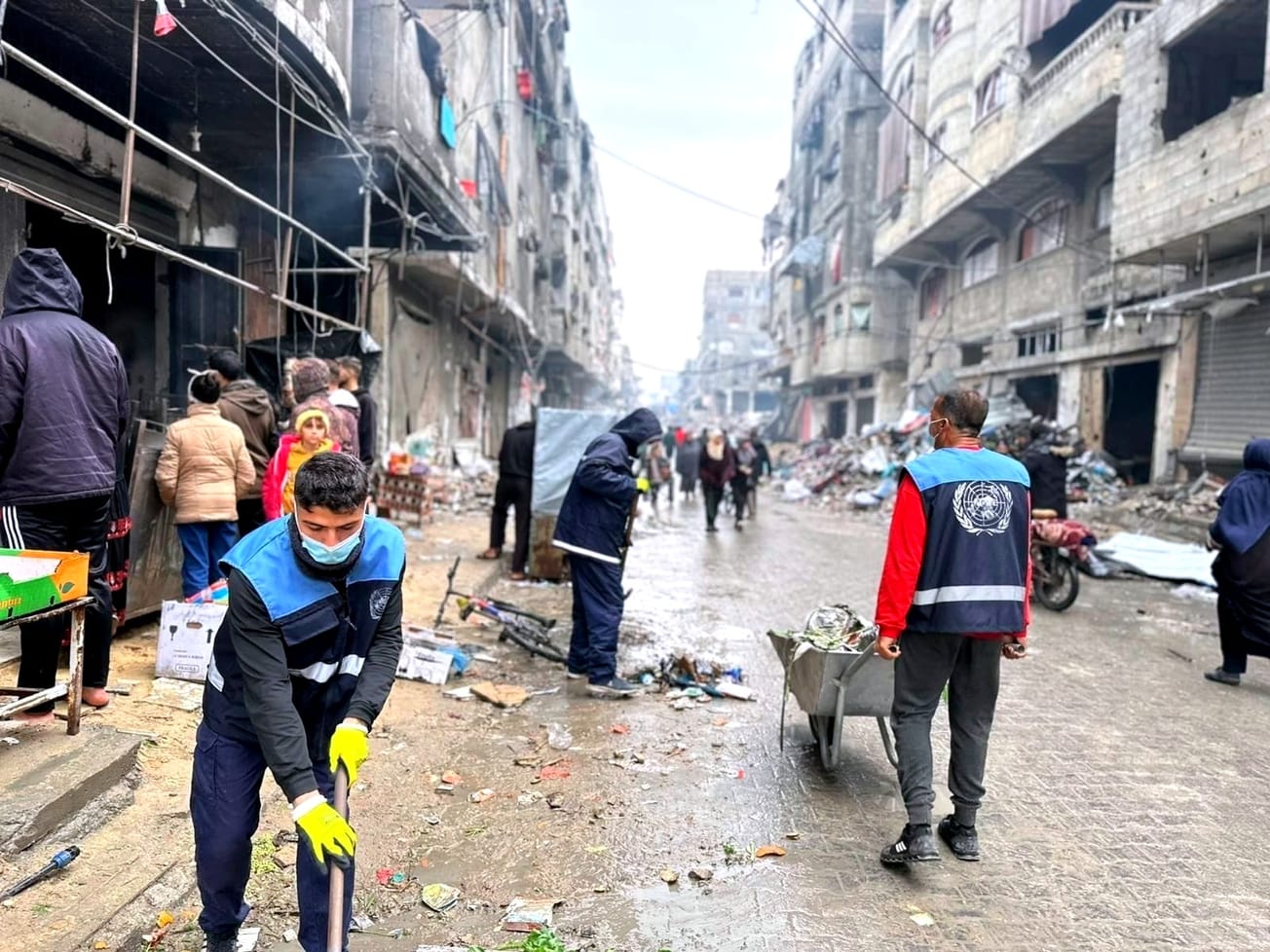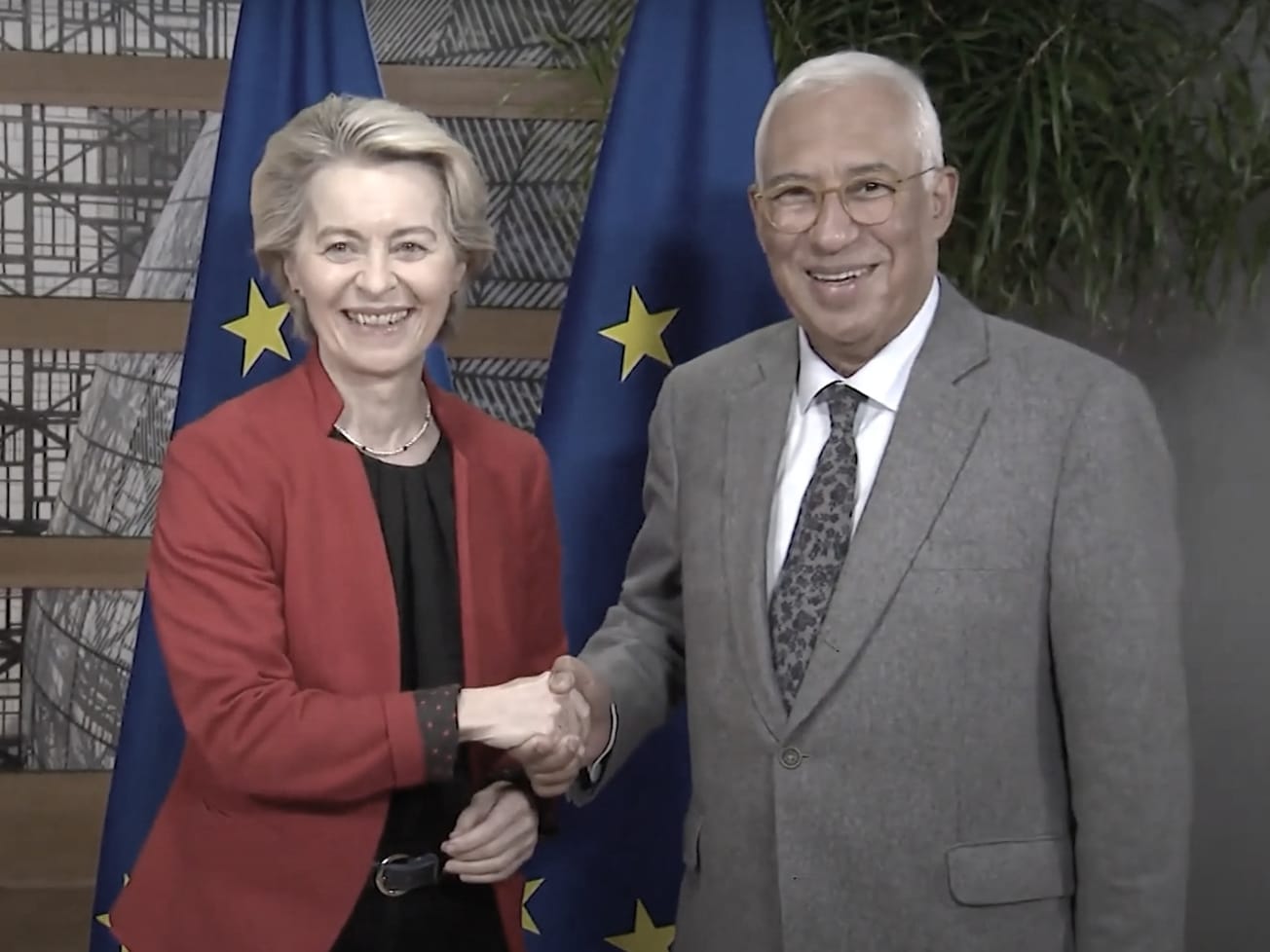BRUSSELS (AN) – In a fiery speech, European Parliament President Roberta Metsola expressed her anger at the Qatari cash-and-influence peddling probe unfolding in her midst.
"Make no mistake. The European Parliament, dear colleagues, is under attack. European democracy is under attack. And our way of open, free, democratic societies are under attack," Metsola told the Parliament.









